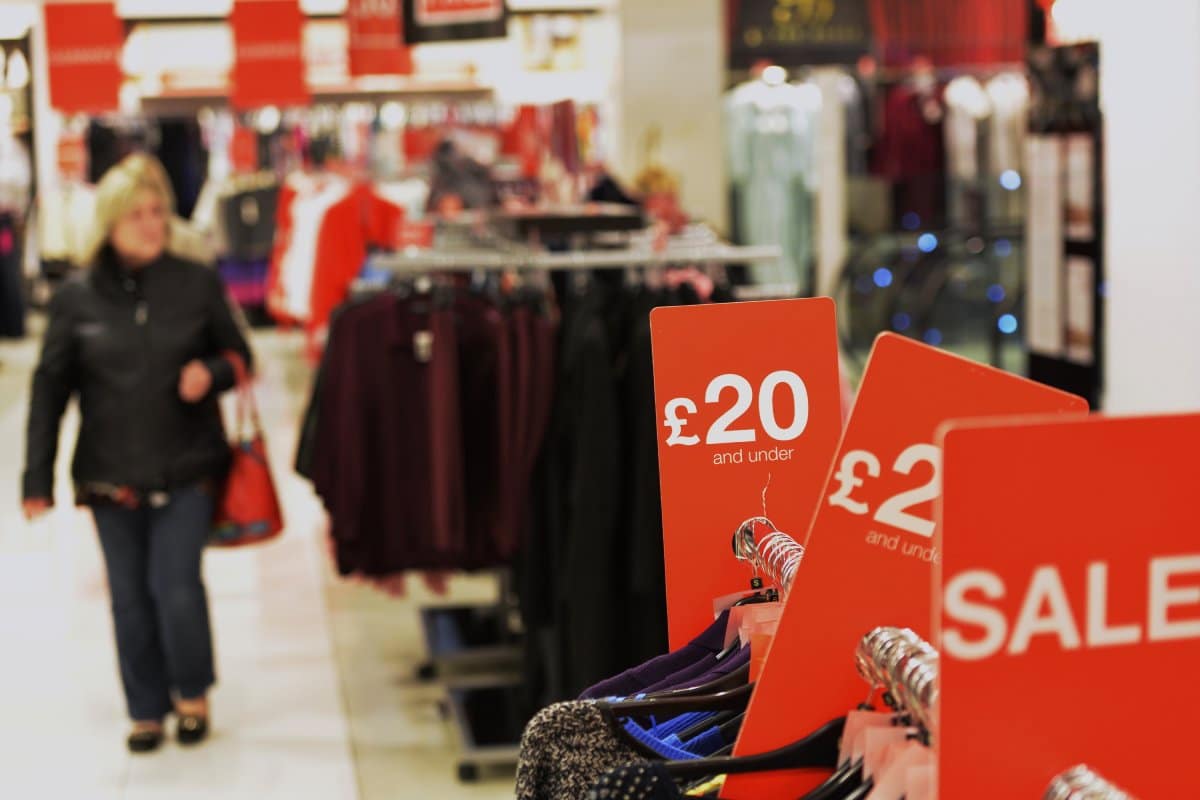For the first time in nearly three years, UK shop prices have fallen, offering a glimmer of hope amid ongoing economic challenges—but is this a sign of much-needed relief or just a brief reprieve? Here’s the full story.
Prices Finally Falling
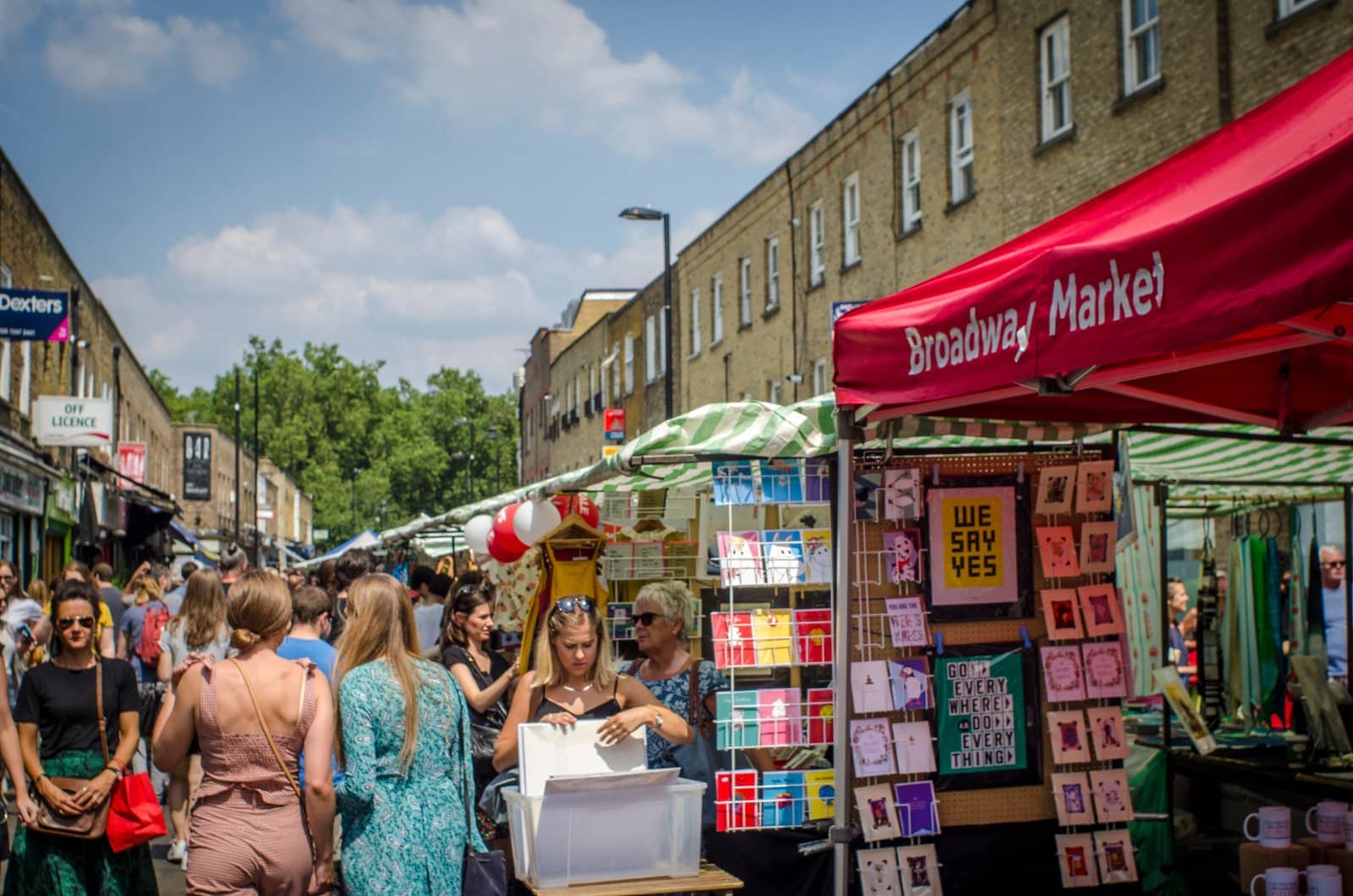
The UK has finally received some good economic news, as shop prices have fallen for the first time in almost three years. During this time, the cost-of-living crisis has been hitting consumers.
Non-Food Items Drop

According to recent data from the British Retail Consortium (BRC), the overall decline in prices was driven by reductions in non-food items. This gave some momentary relief to consumers who have been grappling with stubbornly high inflation, an increased strain on household budgets, and low wage growth.
August Price Dip

Though the figures are hardly groundbreaking, the BRC reported that prices in August were 0.3% lower compared to the same period last year, the first time that prices have gone down since October 2021.
Perfect Storm of Causes
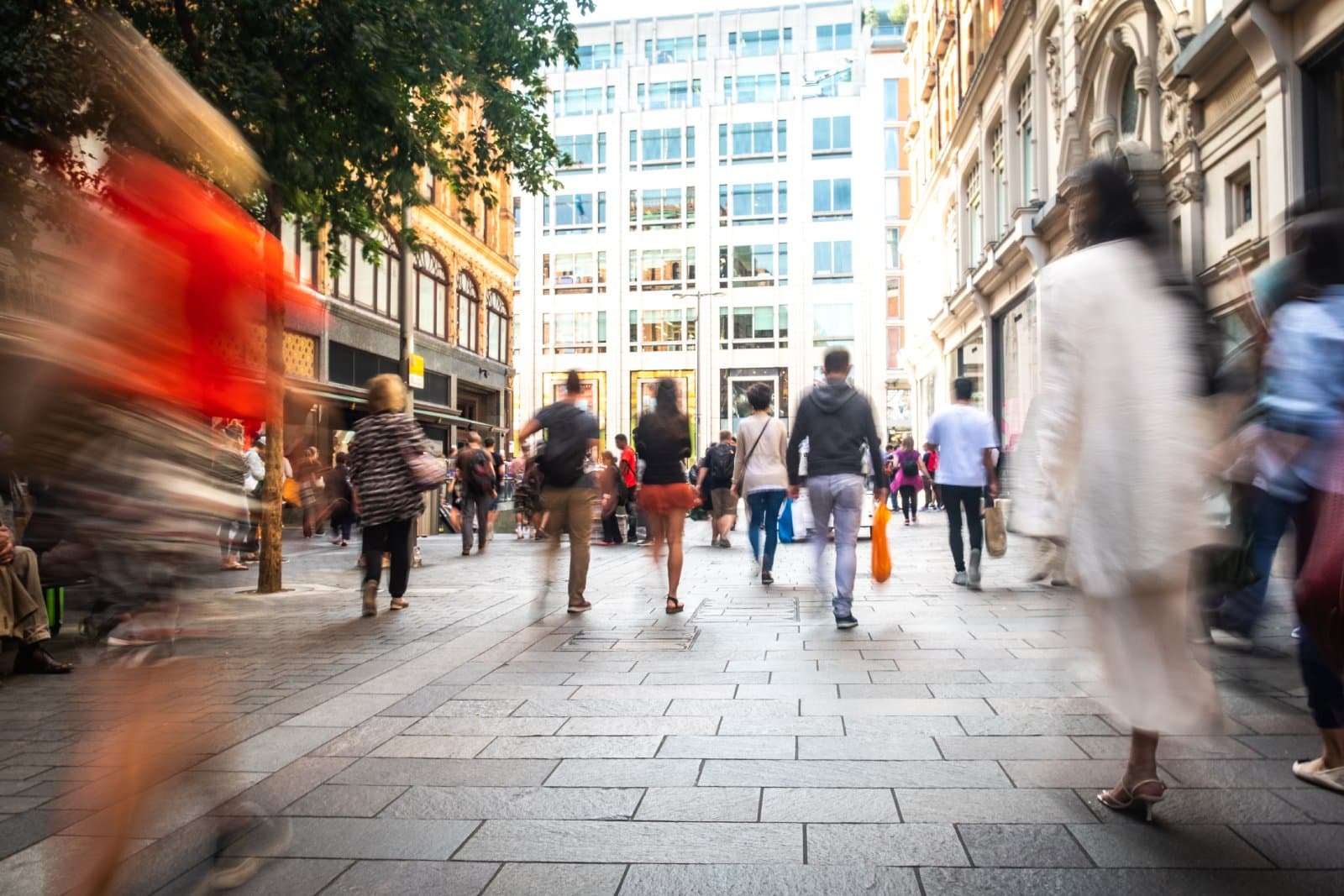
A perfect storm of causes has caused the price drop, with a dismally wet summer, the cost-of-living crisis, and a reduction in consumer confidence, all combining to create profound economic challenges.
Wet Summer Hits Sales

Due to the poor weather, retailers saw reduced footfall as shoppers avoided the high street and put off buying summer clothes that wouldn’t be needed. Shops slashed prices in an attempt to offload their summer stock.
Difficult Summer for Retail

Helen Dickinson, CEO of the BRC, noted that “this discounting followed a difficult summer of trading caused by poor weather and the continued cost-of-living crunch impacting many families.”
Non-Food Deflation Deepens

The primary driver of the deflation was a reduction in the prices of non-food goods, particularly in categories such as clothing, footwear, and household items. The BRC reported that non-food prices were 1.5% lower in August compared to the previous year, reflecting the steepest annual decline in recent history.
Electronics Prices Stabilise

Electronics, which have seen price increases recently, also experienced deflation as technology prices stabilised.
Food Prices Still Rising
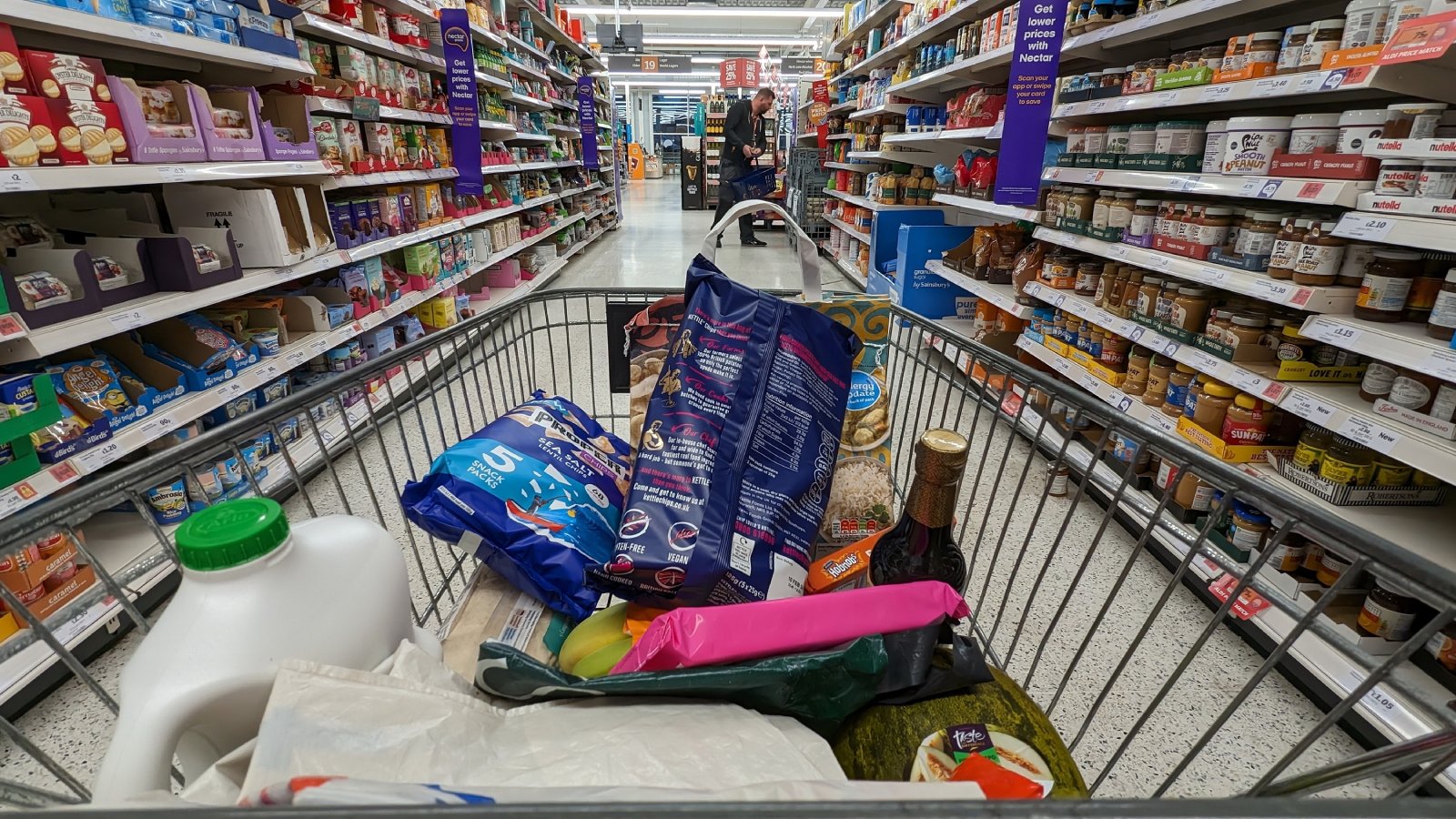
Unfortunately for consumers, food prices still increased, albeit slower than in previous months. In August, food prices were 2% higher than last year, a slight decrease from July’s 2.3% increase.
Fresh Food Price Drop
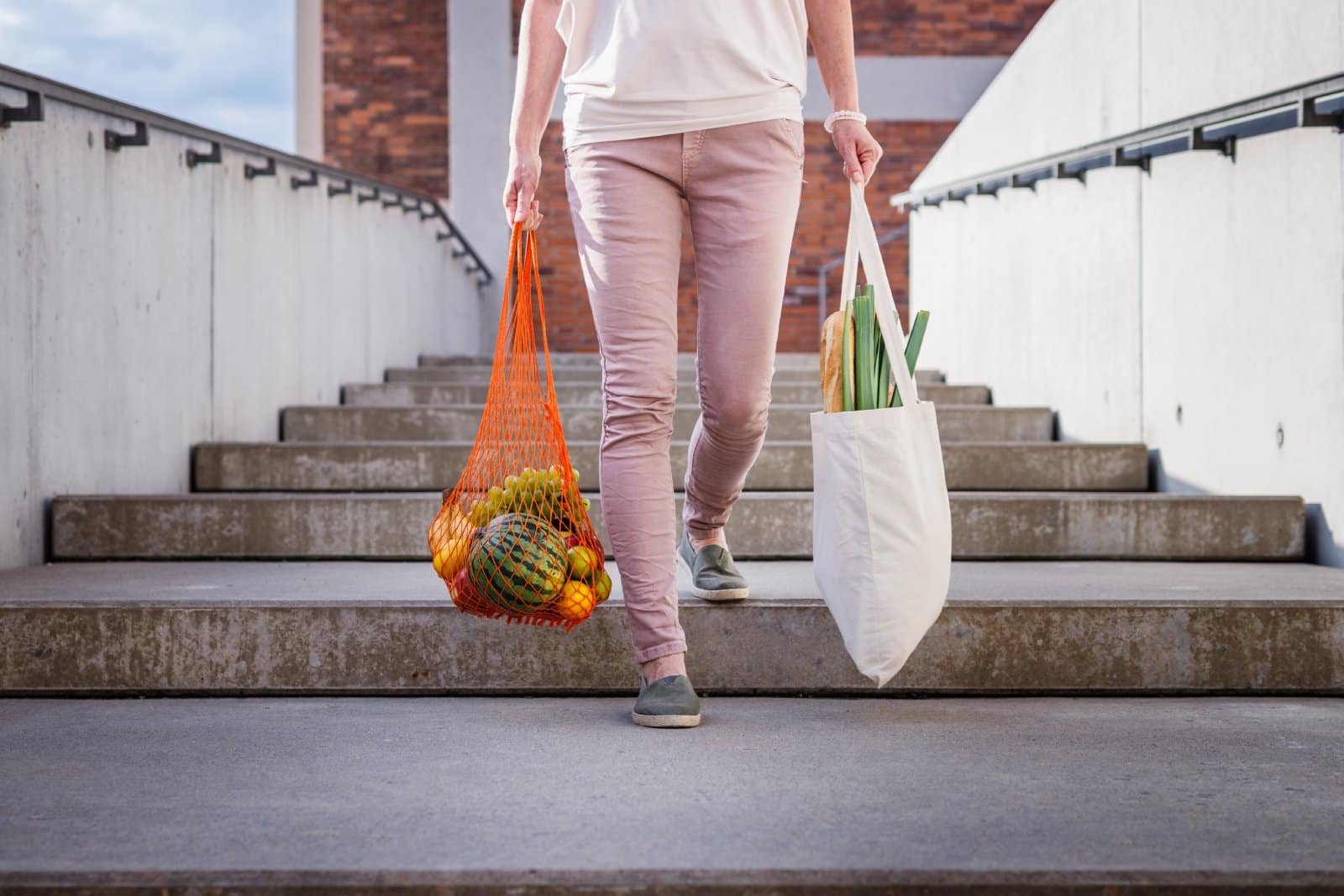
Fresh food items such as fruit, meat, and fish experienced the most significant monthly drop in prices since December 2020, as supplier costs began to ease. However, shelf-stable items like tinned goods and snacks continued to see price increases.
Retailers’ Price Battle
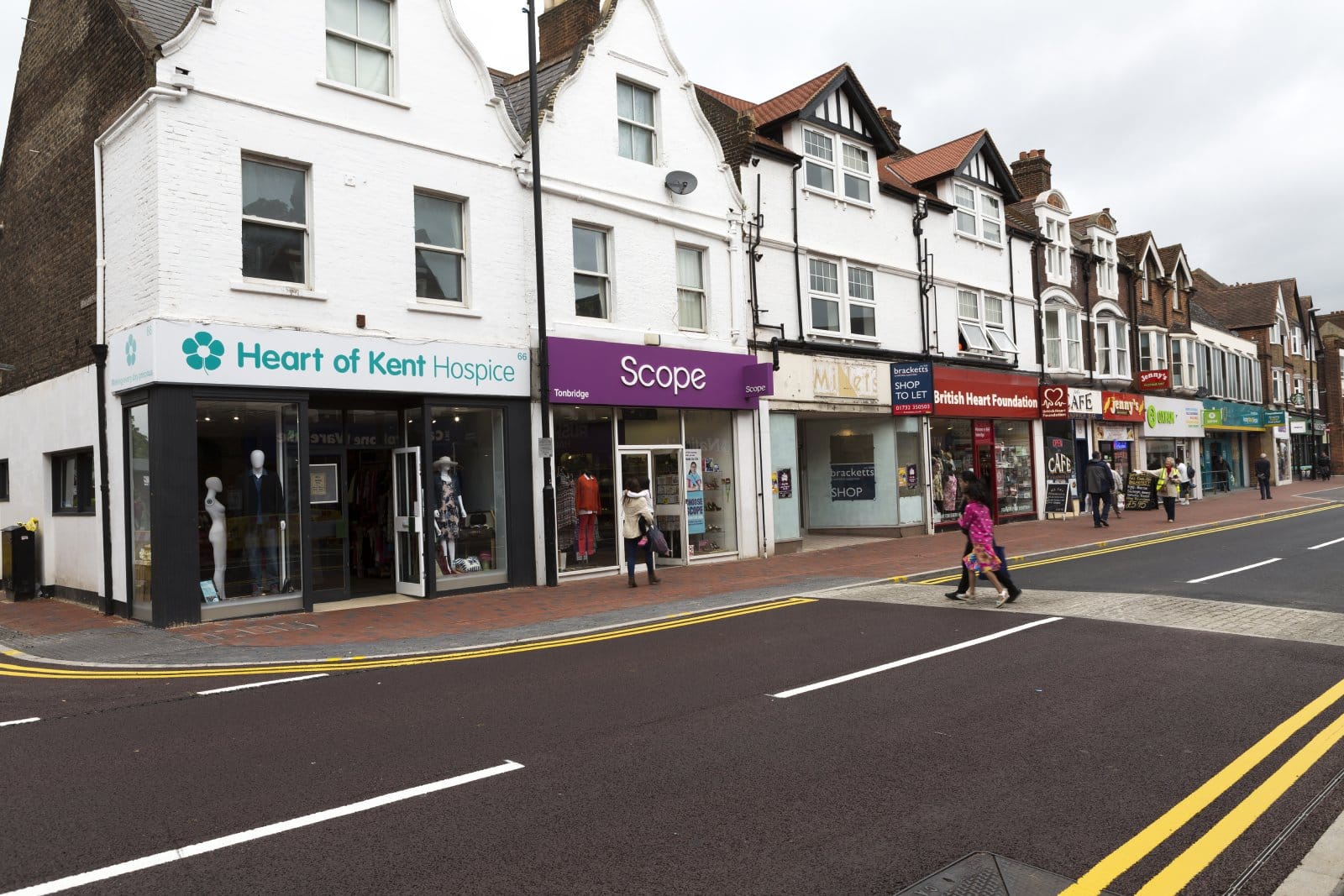
Dickinson stated, “Retailers will continue to work hard to keep prices down, and households will be happy to see that prices of some goods have fallen into deflation.”
Deflation Trend Unsustainable?
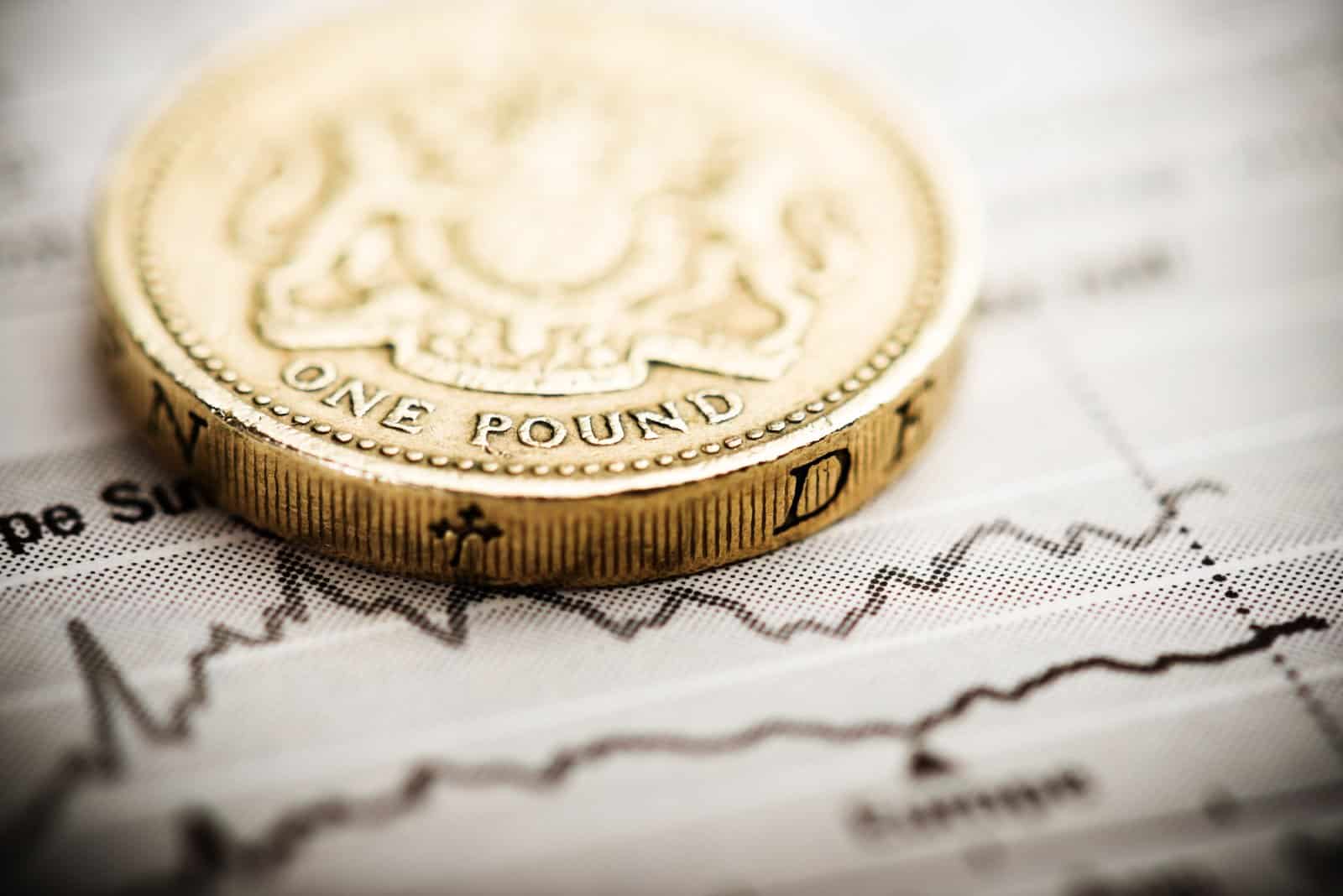
However, consumers should wait before prematurely celebrating the end of the cost-of-living crisis. Despite the recent price reductions, the retail sector still faces significant challenges, and the current deflationary trend may not be sustainable in the long run.
Uncertain Commodity Prices
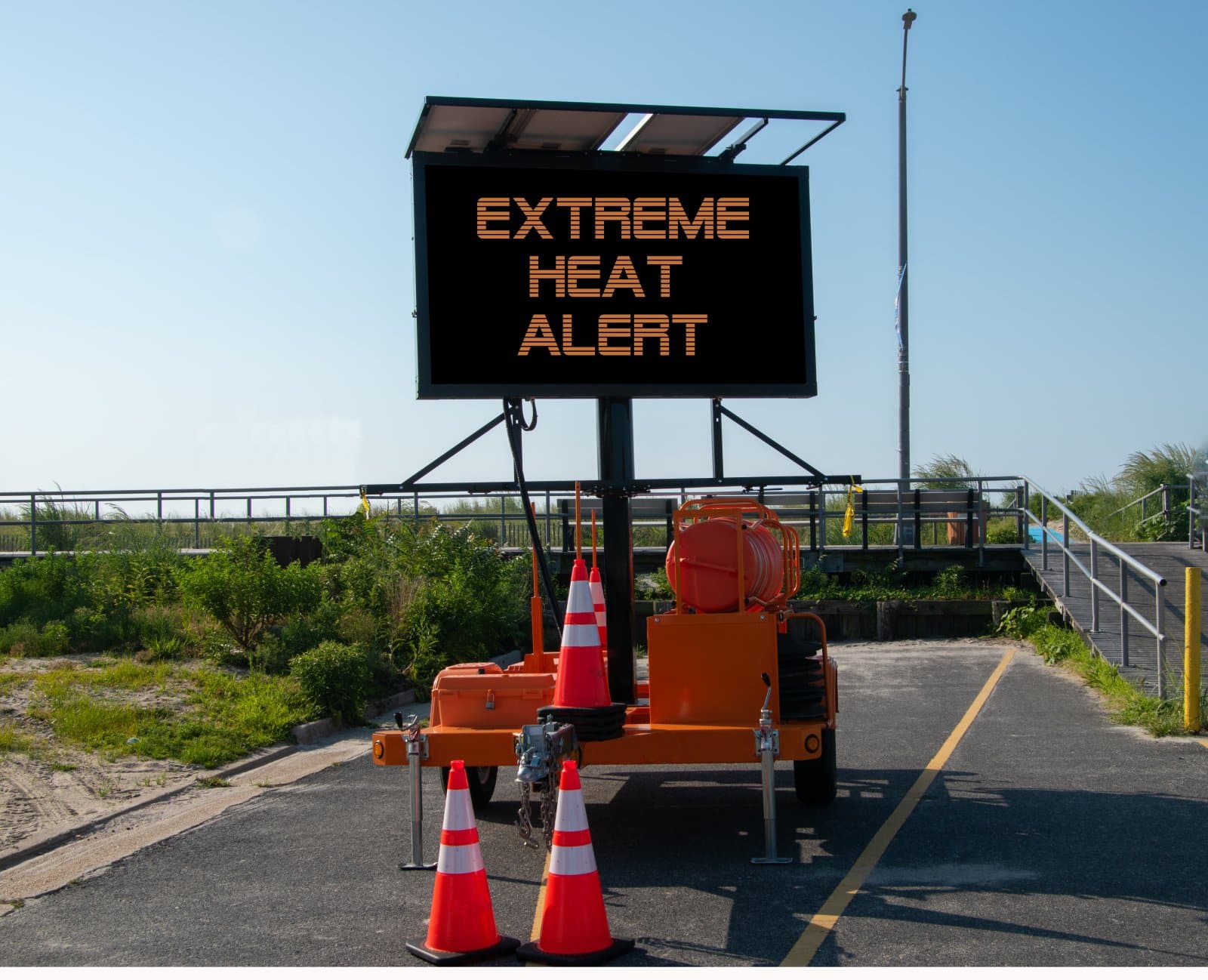
Dickson noted, “The outlook for commodity prices remains uncertain due to the impact of climate change on harvests domestically and globally, as well as rising geopolitical tensions. As a result, we could see renewed inflationary pressures over the next year.”
Relief Amidst Uncertainty
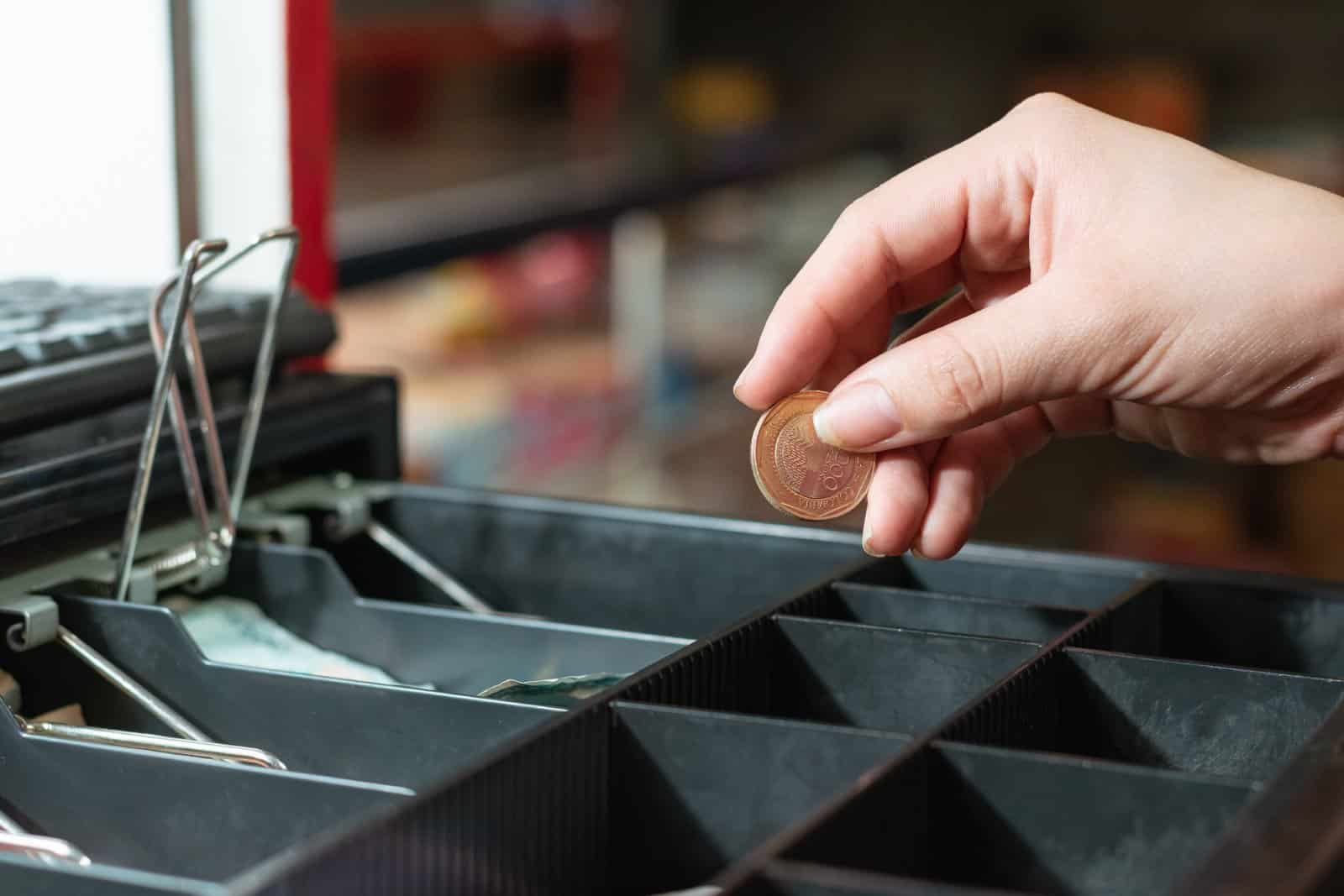
Despite the unsure outlook for the future, the recent drop in shop prices has provided some much-needed relief to customers, particularly with the ongoing cost-of-living crisis still affecting household budgets.
Inflation Rate Rises

Despite this, the Office for National Statistics (ONS) reported that the UK’s annual inflation rate rose to 2.2% in July, the first increase in 2024, primarily due to smaller-than-expected decreases in energy bills. This has put inflation above the Bank of England’s 2% target.
Future Inflation Concerns
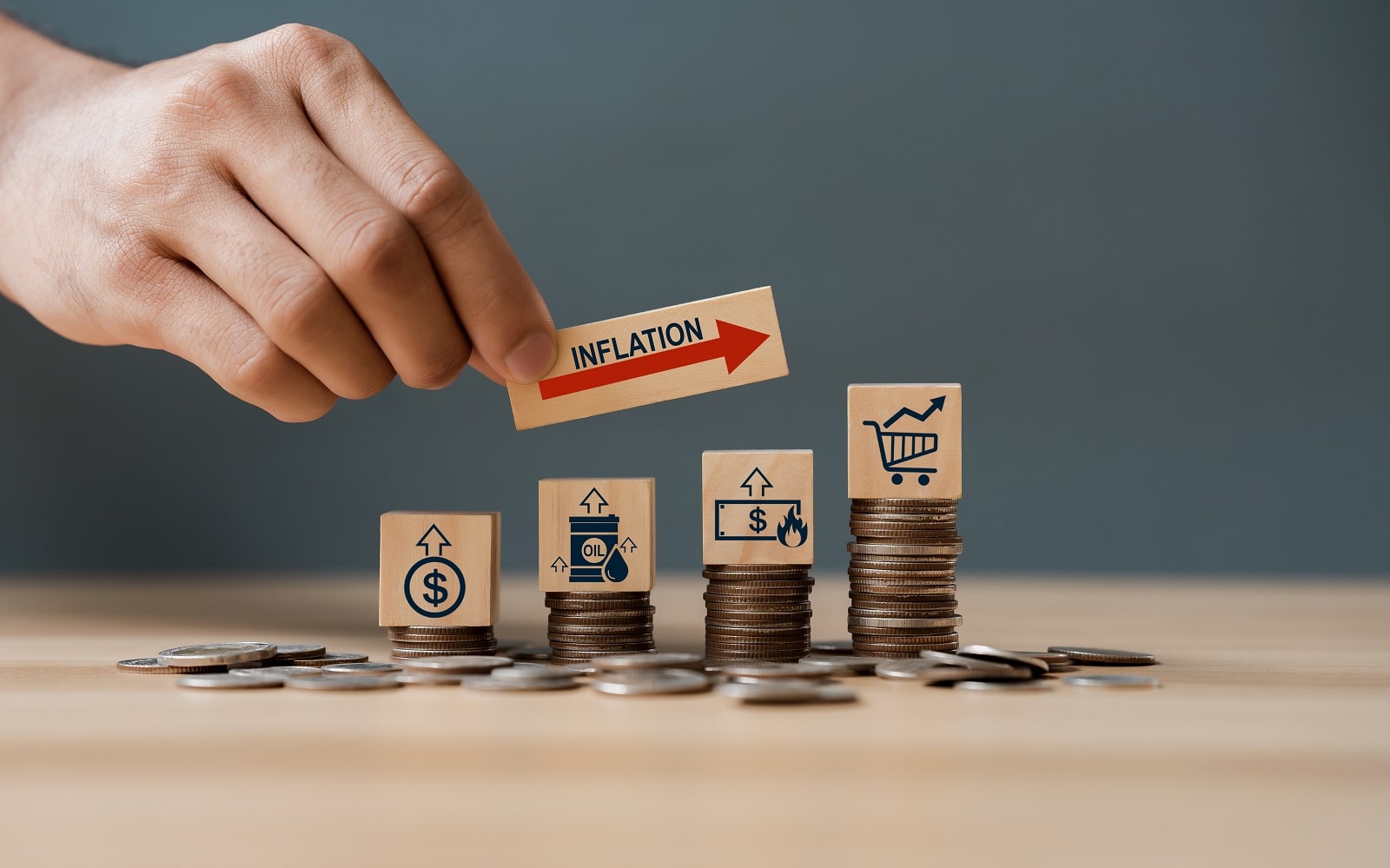
The Bank of England has projected that inflation will peak at around 2.75% before gradually declining, but the potential for continued price volatility remains a concern.
Uncertain Economic Outlook
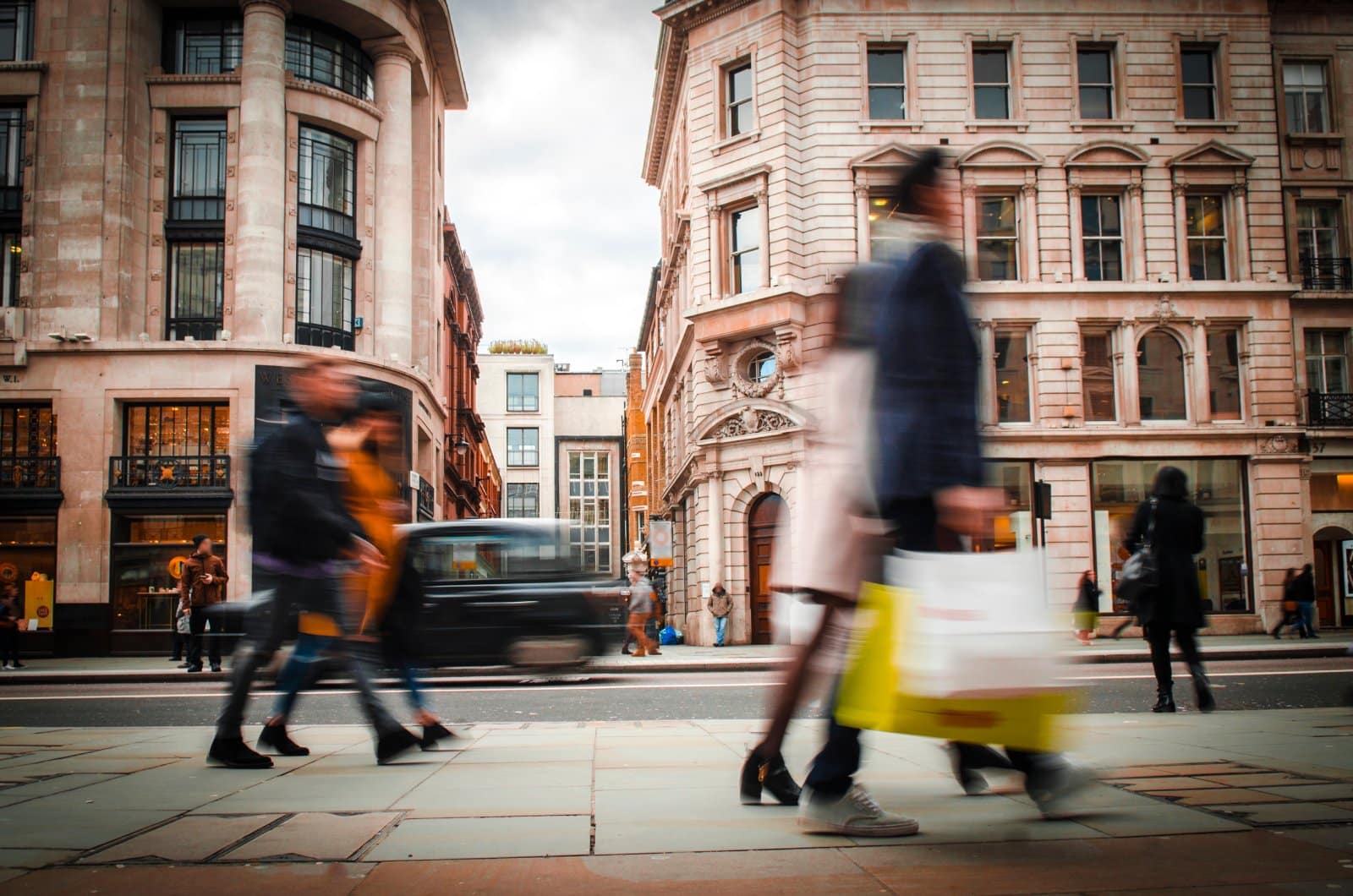
As the UK economy navigates the difficult post-pandemic period, with the nation still in the grip of the cost-of-living crisis, the future outlook for shop prices remains uncertain.
Glimmer of Hope or Challenge?

While the recent BRC data provides a glimmer of hope for consumers, the potential for renewed inflationary pressures looms large. The BRC and other industry experts caution that the combination of unpredictable global factors and domestic economic conditions could lead to a resurgence in prices.
Bank of England’s Role
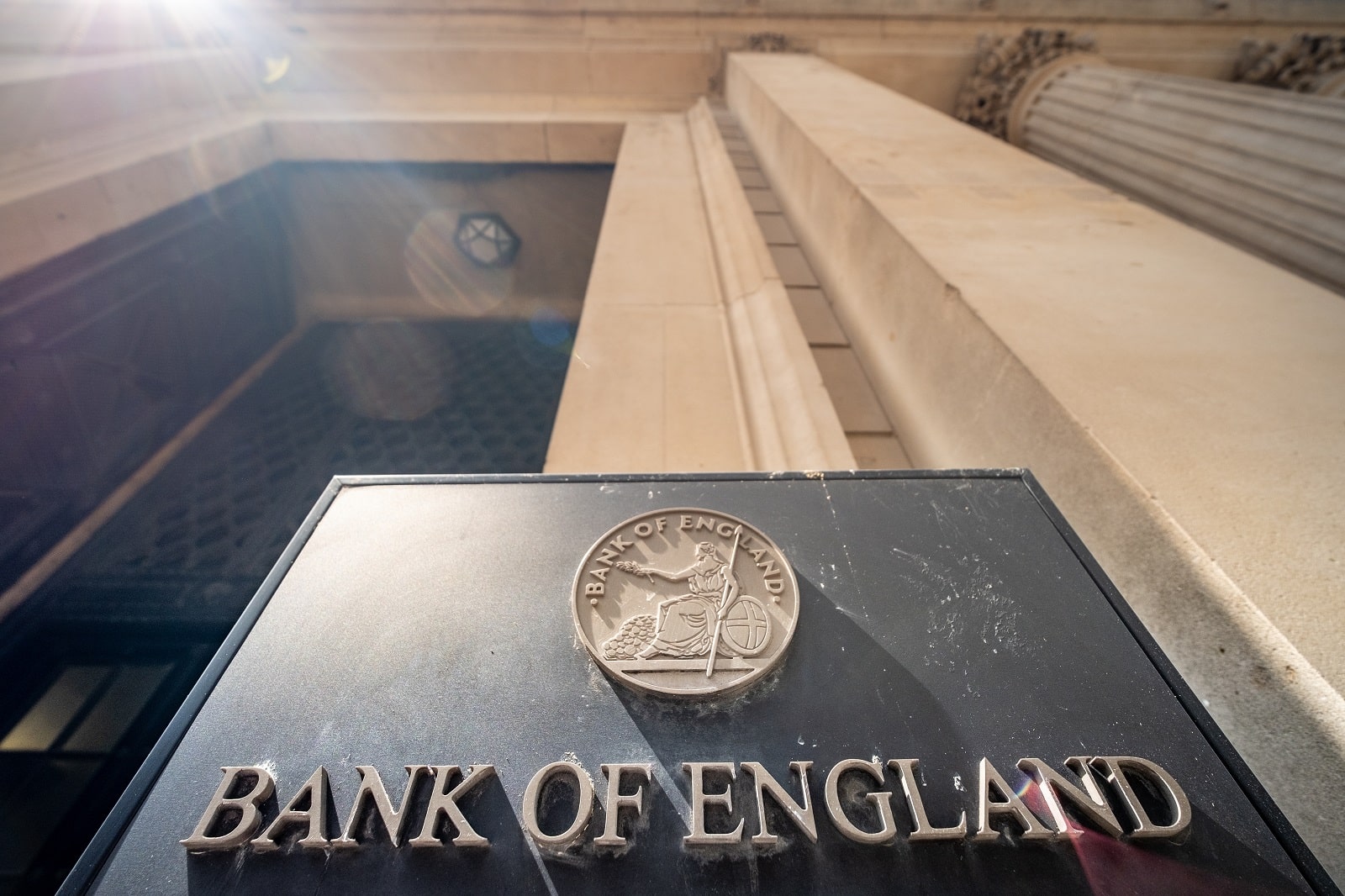
As the Bank of England prepares for its next monetary policy meeting, retailers and consumers alike will closely watch the potential for further interest rate adjustments as they continue to search for an end to one of the most unstable periods in recent history.
Road Ahead for Retail
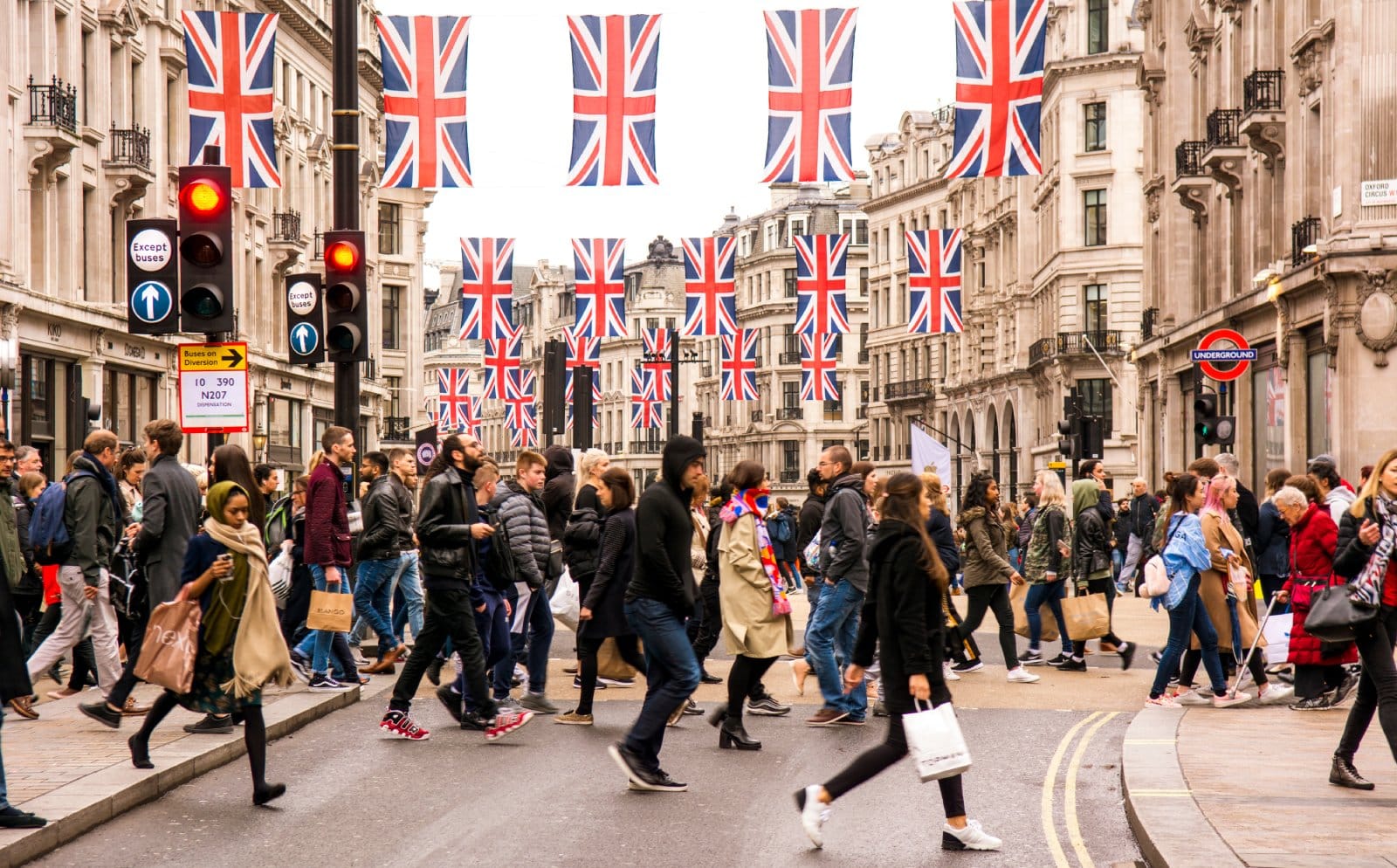
While the recent decline in shop prices offers temporary relief, the road ahead for the UK retail sector is fraught with challenges. It remains to be seen whether this brief deflation trend can be sustained or if renewed inflationary pressures will again take hold.
Brace for Impact: The Tax Increase Labour Denied Has Arrived, Reeves Delivers a Grim Outlook
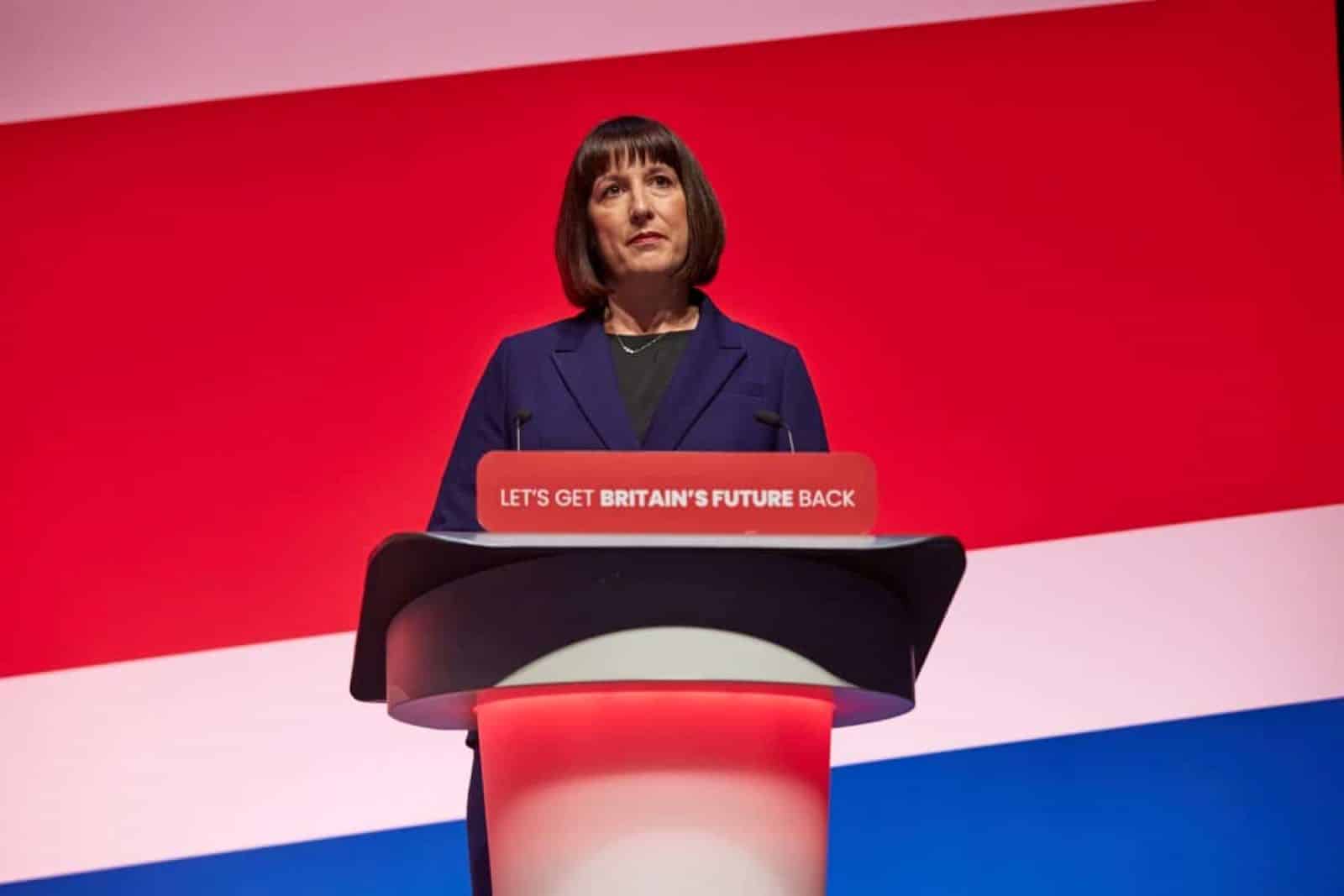
Rachel Reeves delivers the gloomy news, and citizens have to accept the inevitable. The tax increase might complicate finances for some households and businesses. Brace for Impact: The Tax Increase Labour Denied Has Arrived, Reeves Delivers a Grim Outlook
Russia Issues Ultimatum to UK Over Ukraine’s Use of British Arms
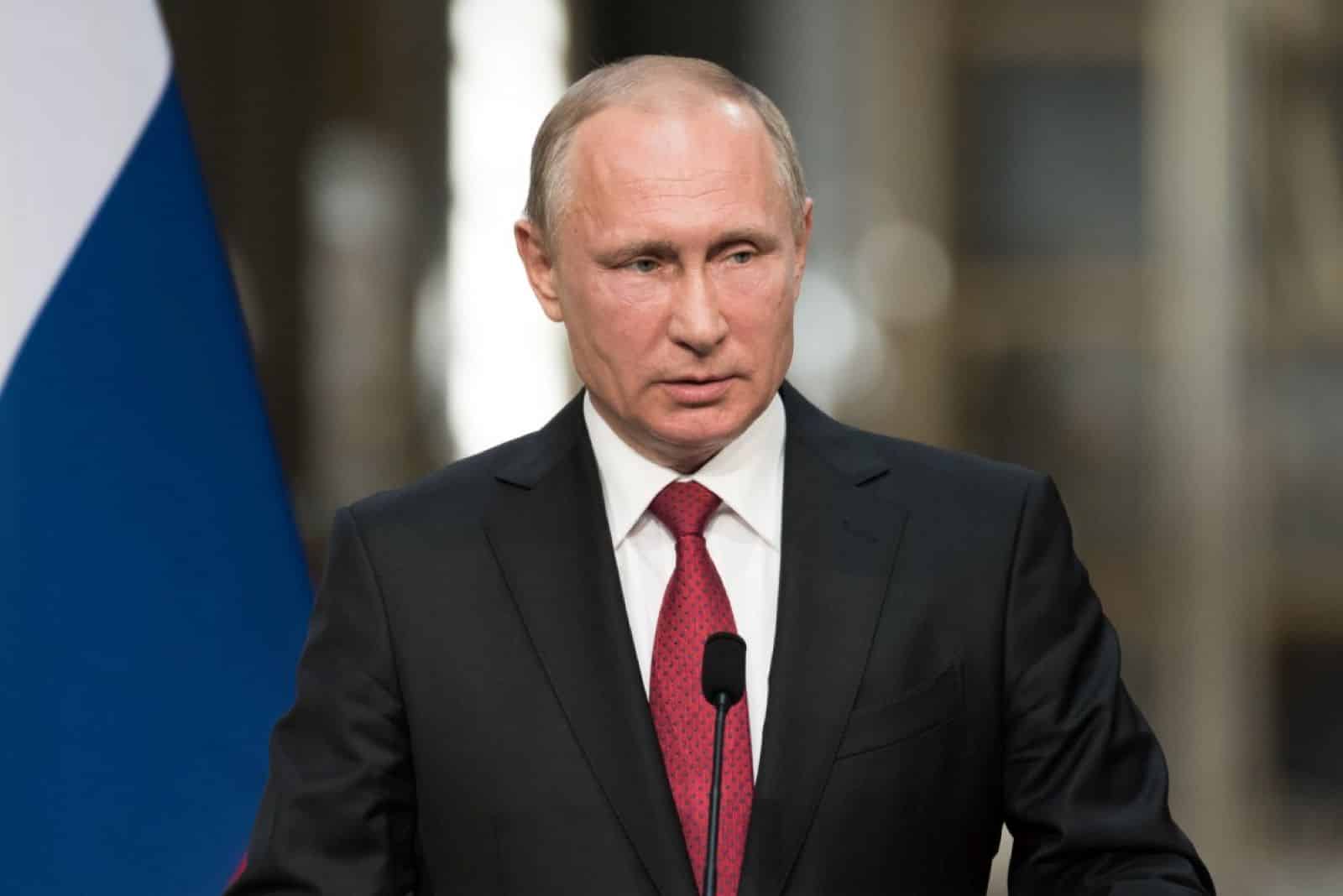
Russia has threatened to attack British targets if Ukraine uses UK-supplied weapons amid rising tensions and the recent arrest of a British man charged with spying for Russia. Here’s the full story. Russia Issues Ultimatum to UK Over Ukraine’s Use of British Arms
Tommy Robinson Sparks National Outrage With Far-Right ‘We Want Our Country Back’ Protest in London

Police had their work cut out at a recent protest led by Tommy Robinson in London. Full story. Tommy Robinson Sparks National Outrage With Far-Right ‘We Want Our Country Back’ Protest in London
Featured Image Credit: Shutterstock / 1000 Words.
Grant Gallacher is a seasoned writer with expertise in politics and impactful daily news. His work, deeply rooted in addressing issues that resonate with a wide audience, showcases an unwavering commitment to bringing forth the stories that matter. He is also known for satirical writing and stand up comedy.

